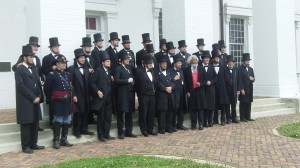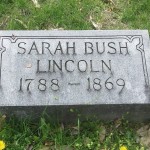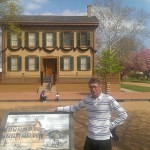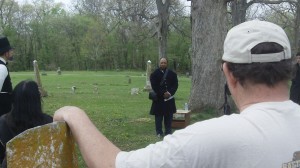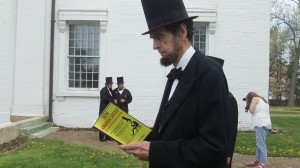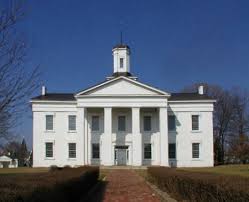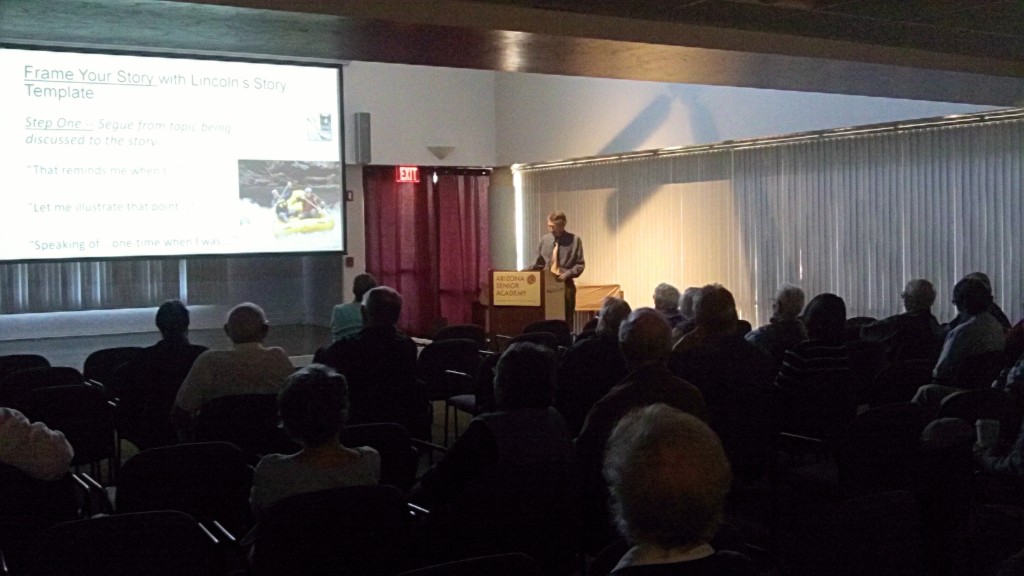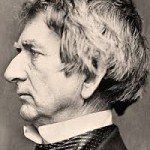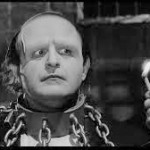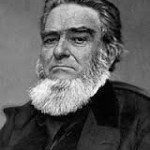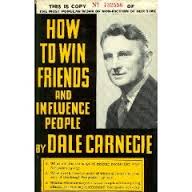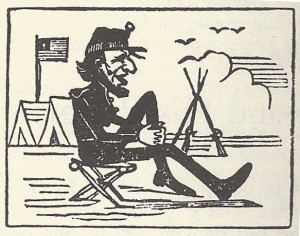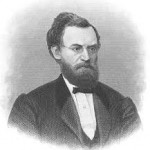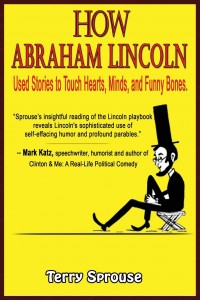Last Saturday, I made a presentation to the Association of Lincoln Presenters Convention entitled, “How Abraham Lincoln Used Stories to Touch Hearts, Minds, and Funny Bones,” based on my book.
The presentation took place in the Old Vandalia Statehouse, Vandalia, Illinois, (Illinois state motto – Please Don’t Pronounce the “S”) in the chambers where Lincoln actually served as a state representative. I thought I could feel Lincoln’s spirit in that venerable place.
It didn’t hurt that all the Lincoln Presenters were decked out in full Lincoln contume (“with a great beard comes great responsiblity”). They were the most receptive audience I’ve ever had. I felt they all loved Lincoln as much as I did.
At the age of 28, while serving in the Illinois General Assembly, Lincoln made one of his first public declarations against slavery, in the Vandalia Statehouse. Lincoln stated, “The institution of slavery is founded on both injustice and bad policy”
One historian called it “The first formal declaration against the system of slavery that was made in any legislative body in the United States, at least west of the Hudson River.”
Lincoln also received his license to practice law in the Vandalia Statehouse in March of 1837.
While in Illinois, I availed myself of the opportunity to visit the “sacred” sites where Lincoln lived and worked. I saw Lincoln’s log cabin in Lerna where I met E,D. Dowling, who worked at the site, and who also was distant relaive of Dennis Hanks, a cousin of Lincoln’s mother.
I visited Lincoln’s two-story house in Springfield, and his burial plot in Oak Ridge
Cemetery, where Lincoln, his wife and three of his four sons are buried.
I also visited the cemetery plot of Lincoln’s stepmother, Sarah Bush Lincoln. Lincoln had a storng bond with her and before he left Illinois to assume the presidency, he went back to Lerna on a sentimental journey to visit her.
In an interview with William Herndon after Lincoln’s death, his stepmother said, “His mind and mine, what little I had, seemed to run together, more in the same channel.”
My Presentation
Here are a few highlights from my presentation to the Lincolns:
Cemetery Walk Tours
One memorable convention activity was cemetery walk tour in the Old Vandalia Cemetery. It involved actors portraying the roles of the people buried in the cemetery. It really touched my heart to hear such a vivid presentation of how their lives were changed by the civil war, and the various joys and tragedies they encountered in life.
Most moving was a slave who had been given his freedom by a kindly slave owner. After Lincoln delivered the Emancipation Proclamation,the former slave joined the Union army and following the war, led a productive life as a free man in Vandalia.
